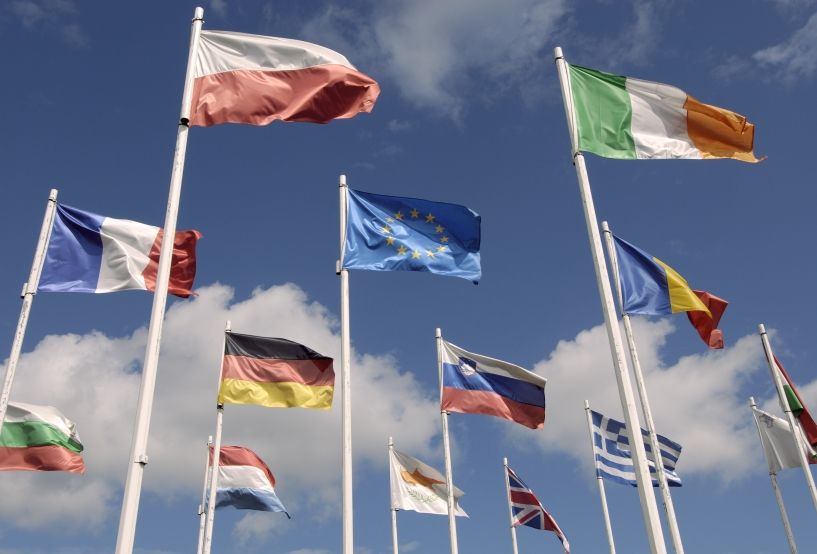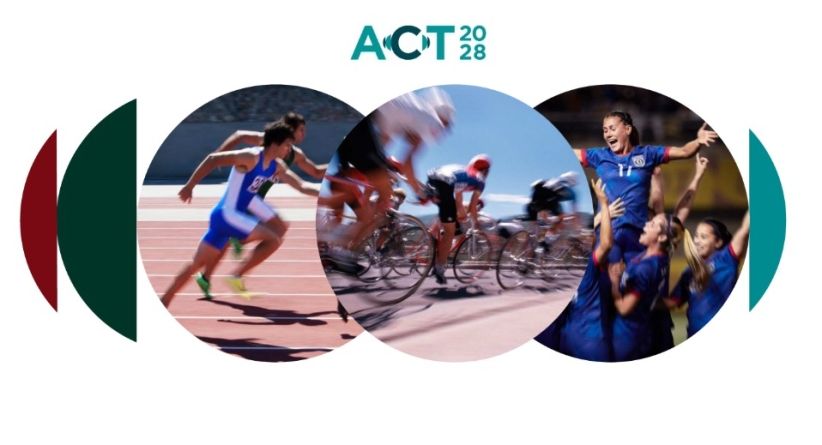
The pillars are shaking in Central Europe
And therein lies the key to this success against a political figure with massive financial firepower who had hitherto been considered unremovable.
Despite their sometimes hugely divergent political views, all the opposition parties came together with the aim of toppling Babis. However, there is as yet no guarantee that a new government will be installed: the day after the elections, Czech President Miloš Zeman was rushed into hospital, thus delaying the process of forming a government. As a result, Petr Fiala, leader of the Spolu (“Together”) alliance that won the elections, has not yet been instructed to form a government. Babis could make use of this time of waiting to try to lure a few candidates away from this fragile group. Furthermore, if the president were to die, the outcome would be even longer and messier and could risk plunging the country into uncertainty: the constitution makes no clear provision for what should happen if a president dies in office.
In any event, even if a government is successfully sworn in, governing such a coalition would be a major challenge given fundamental political differences over Europe, the management of the economy, foreign policy, and so on.
There is thus a growing risk of instability. However, a big step forward has been taken, showing that populism can be defeated and that the populist model might perhaps be running out of steam. It’s important to remember that the outgoing prime minister’s campaign was marked by anti-European and pro-Russian rhetoric, which perhaps resonates less with the population. Generous social measures were thus not sufficient to win the day.
The Czech Republic’s political parties are not the only ones to have come up with this kind of approach. In Hungary too, a cross-party opposition coalition is launching a campaign ahead of the legislative elections in 2022. After Slovakia and the Czech Republic, could Viktor Orbán be the next populist to lose power? Will Poland follow a similar course?
From this perspective, it will be interesting to see what happens in Hungary and Poland, whose current governments are constantly going out of their way to pick fights with Brussels with the aim of destabilising Europe’s unity and foundations while consolidating power at home.
However, these governments are liable to run into an even harsher reality in the form of popular support for the European Union, which is still very strong in both Poland and Hungary. This tactic of provoking and vying for influence could thus end up backfiring on them. Let’s not forget that Poland’s Constitutional Court recently declared some parts of European Union Treaties incompatible with the Polish constitution. Some might see this as a declaration of war on the EU, and one that comes at a particularly critical time: the EU has yet to approve the recovery plan put forward by Poland, on the basis of which the Polish government hopes to secure substantial investment (equating to around 3% of GDP). The resulting tug of war looks set to be brutal. A huge protest was held in Warsaw on 10 October to express and affirm demonstrators’ desire to remain part of the EU.
This unrest is set to rumble on over the coming months and clearly indicates that this sort of policy is reaching its limits. Populist rhetoric, and the near-systematic linking of redistributive policies with restrictions on civil liberties or institutional transparency and independence, are reaching saturation point. On the one hand, this approach no longer seems to be working; but on the other, a credible political and social alternative has yet to be clearly articulated.
While it’s clear that the Czech population voted against Babis, they did not vote for the new coalition, leaving the latter very fragile. The only way it is going to gain credibility is by delivering results.
Ada Zan






